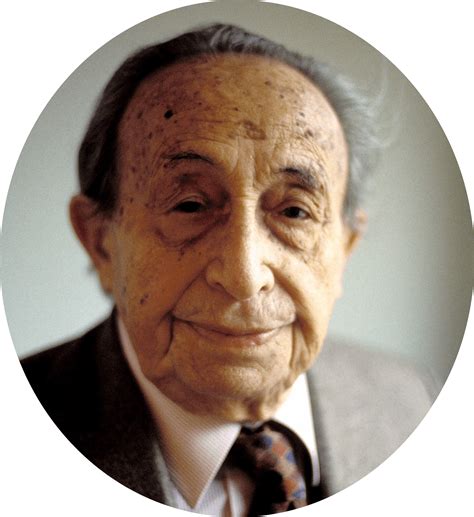A Quote by Friedrich Nietzsche
The rights which a man arrogates to himself are relative to the duties which he sets himself, and to the tasks which he feels capable of performing.
Related Quotes
Philosophers have long conceded, however, that every man has two educators: 'that which is given to him, and the other that which he gives himself. Of the two kinds the latter is by far the more desirable. Indeed all that is most worthy in man he must work out and conquer for himself. It is that which constitutes our real and best nourishment. What we are merely taught seldom nourishes the mind like that which we teach ourselves.
Allah is in Himself the non-being and the being, the inexistent and the existent. He is at the same time that which we designate by absolute non-being and by absolute being; or by relative non-being and relative being. . . . All these designation come back to God alone, for there is nothing which we can perceive, know, write or say which is not Him.
Reason cannot desire for man any condition other than that in which not only every individual enjoys the most absolute, unbounded freedom to develop himself out of himself, in true individuality, but in which physical nature, as well, need receive no other shaping by human hands than that which is given to her voluntarily by each individual, according to the measure of his wants and his inclinations, restricted only by the limits of his energy and his rights.
It is not a slight thing, gentlemen, to force a man to say what he is, or what he believes himself to be; for that supreme word of man, that single expression which he utters of and upon himself is decisive. It lays down the basis upon which all judgment of him is to be formed. From that moment all the acts of his life must correspond to the answer given by him.
All the lies and evasions by which man has nourished himself civilization, in a word is the fruits of the creative artist. It is the creative nature of man which has refused to let him lapse back into that unconscious unity with life which characterizes the animal world from which he made his escape.
As long as a man is persuaded that he can make even the smallest contribution to his salvation, he remains self-confident and does not utterly despair of himself, and so is not humbled before God. Such a man plans out for himself a position, an occasion, a work, which shall bring him final salvation, but which will not.
Nature attains perfection, but man never does. There is a perfect ant, a perfect bee, but man is perpetually unfinished. He is both an unfinished animal and an unfinished man. It is this incurable unfinishedness which sets man apart from other living things. For, in the attempt to finish himself, man becomes a creator. Moreover, the incurable unfinishedness keeps man perpetually immature, perpetually capable of learning and growing.








































